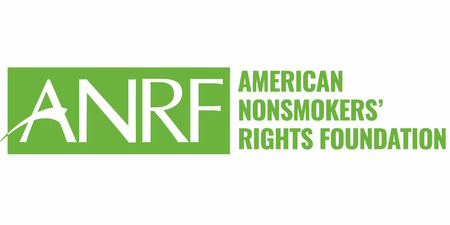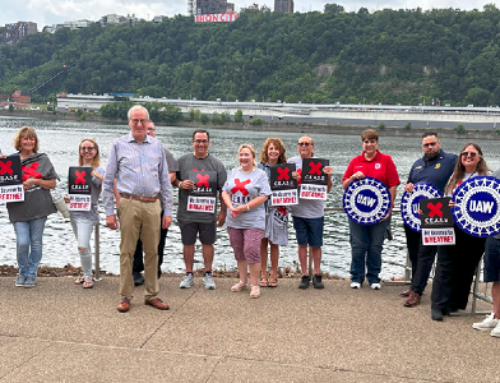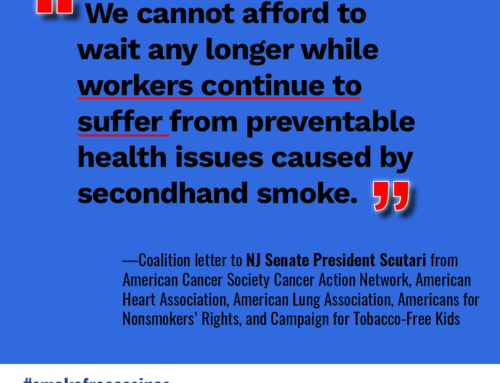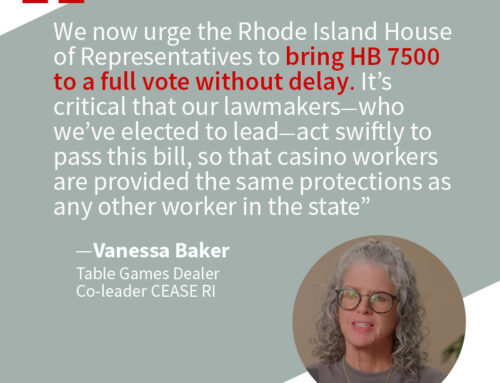California Cities are Looking for Policy Approaches to Curb the Tobacco Epidemic
Beverly Hills, California is taking bold action to reduce the burden of tobacco related diseases and health costs in the community by eliminating most tobacco sales in the city. On June 4, 2019, the city council unanimously approved a law that will eliminate most tobacco and nicotine product sales by 2021. This new law regulates the sale of tobacco and nicotine products, including cigarettes and JUUL; the law does not regulate the use or possession of these products, and does not address secondhand smoke exposure.
Beverly Hills and California Leading the Way
Beverly Hills has long been an early adopter and policy innovator for reducing the burden of tobacco related disease in the community. In 1987 Beverly Hills was one of the first cities in the world to adopt a smokefree restaurant law. This law was an important milestone for the nonsmokers’ rights movement and everyone’s right to breathe clean air on the job. In response to this bold policy move, Philip Morris and the Tobacco Institute created the Beverly Hills Restaurant Association, a front group that did not exist before the smokefree campaign. The group mobilized legions of other front groups, PR firms, lawyers, and lobbyists to engage in dirty tricks and bully tactics, all designed to undermine this landmark local smokefree law.
California has made significant progress in curbing tobacco use and secondhand smoke exposure since 1989, shortly after the adoption of Proposition 99, the 1988 tobacco tax initiative. The initiative created a statewide tobacco prevention campaign that has led to dramatic reductions in tobacco use and increases in public health policy protections. Despite these accomplishments, tobacco use is still the number one cause of preventable death, disease, and health costs in the state. In addition, new nicotine products such as JUUL and other electronic cigarettes have created a new generation of nicotine addicts and the use of these products among youth is skyrocketing.
Local Control Leads to Public Health Policy Innovations
ANR supports local control, whereby cities can adopt laws based on science and community support for regulations. The most innovative public health protections traditionally start at the local level, generating important examples for how cities can get out from under the thumb of Big Tobacco. These policy innovations are why tobacco companies hate local control.
The tobacco industry still engineers its products for maximum addictiveness, still uses its lobbyists and money to interfere with public health policy at every level, and still spends the vast majority of its huge marketing budget targeting youth and young adults, and marginalized groups of people, for a lifetime of addiction. California is the single biggest tobacco market in the U.S., which is why tobacco companies are obsessed with trying to undermine tobacco control polices in the state.
Going Forward: Should Other Cities Adopt Similar “End Tobacco Sales” Laws?
ANR recommends that communities looking to address the problem of tobacco use and exposure first close gaps in secondhand smoke protections in workplaces and multi-unit housing, as well as addressing other best practice policies such as prohibiting the sale of menthol cigarettes and other flavored tobacco and nicotine products, and promoting cessation programs.
We encourage cities to move along the tobacco control policy continuum, adopting best practice policies to protect public health and fight Big Tobacco’s web of lies, addiction, and disease.







